Table of Contents
In the global race against the COVID-19 pandemic, vaccines emerged as the primary tool of intervention. Governments and pharmaceutical companies moved with unprecedented speed, supported by emergency authorizations and media momentum. But beneath the surface of scientific advancement and policy mandates, a quieter narrative began to unfold—one marked by retracted studies, delayed disclosures, and growing questions about the accessibility of full, unfiltered scientific data.

Suppressed Studies and Institutional Silence
One of the most notable examples emerged from India, where researchers from Banaras Hindu University (BHU) published a long-term observational study on a widely administered vaccine. The study indicated the occurrence of several adverse events of special interest (AESIs) over a 12-month period. Though the intention was scientific, the response was swift and suppressive. India’s apex medical research body, ICMR, disassociated itself from the findings, citing methodological issues. The article was eventually retracted from Drug Safety, not through peer debate, but under editorial and institutional pressure.
In a field where independent validation is vital, such responses raise important questions. Not about the science itself, but about the institutional willingness to engage with its own uncertainties.
BHU’s Long-Term Covaxin Surveillance
In May 2024, Banaras Hindu University (BHU) released a one-year follow-up study involving 926 vaccine recipients—635 adolescents and 291 adults—reporting that around one-third (≈33%) experienced “Adverse Events of Special Interest” (AESIs), including skin disorders, nervous system effects, and rare serious events such as stroke and Guillain–Barré syndrome (hindustantimes.com). Additionally, four deaths were recorded among adults, associated with comorbidities like diabetes and hypertension, though causality with vaccination remained unconfirmed (hindustantimes.com).
However, within days of its publication in Drug Safety, the Indian Council of Medical Research (ICMR)—led by Director General Dr. Rajiv Bahl—publicly denounced the study as “poorly designed” (indiatoday.in). Criticisms included:
- Absence of an unvaccinated control group, making causal inference implausible (indiatoday.in).
- Telephone-based follow-up after a year without clinical verification, increasing recall bias (livemint.com).
- Misalignment with recognized definitions of AESIs and lack of baseline incidence data (thehindu.com).
- Unauthorized association of ICMR, falsely implying institutional backing (indiatoday.in).
![Here’s a concise summary with verified sources:
---
**AstraZeneca has announced the global withdrawal of its COVID-19 vaccine (known as Vaxzevria or Covishield) based on the following developments:**
* **Rare safety risk**: For the first time, the company acknowledged in court documents that the vaccine can, in very rare cases, cause **thrombosis with thrombocytopenia syndrome (TTS)**—a serious condition marked by blood clots accompanied by low platelet counts ([factcheck.org][1], [law.northeastern.edu][2]).
* **Regulatory withdrawal**: AstraZeneca voluntarily withdrew marketing authorisations for the vaccine in the **EU on March 5, 2024**, which took effect **May 7, 2024**, and then extended the withdrawal globally ([hindustantimes.com][3]).
* **Commercial rationale**: The company attributed the decision primarily to a **decline in demand** due to the availability of newer, updated vaccines targeting emerging variants ([phnompenhpost.com][4]).
---
📌 *Sources include Hindustan Times, India Today, Reuters reporting on AstraZeneca’s statements and legal documents.*
Let me know if you'd like deep dives on any of these aspects.
[1]: https://www.factcheck.org/2024/05/scicheck-misleading-claims-on-well-known-rare-risk-of-astrazeneca-covid-19-vaccine/?utm_source=chatgpt.com "Misleading Claims on Well-Known Rare Risk of AstraZeneca COVID-19 Vaccine"
[2]: https://law.northeastern.edu/astrazeneca-admitted-in-court-that-its-vaccines-can-cause-rare-blood-clotting-condition-should-that-give-its-recipients-pause/?utm_source=chatgpt.com "AstraZeneca admitted in court that its vaccines can cause rare blood ..."
[3]: https://www.hindustantimes.com/world-news/astrazeneca-to-withdraw-covid-vaccine-worldwide-after-admitting-safety-issues-report-101715126238256.html?utm_source=chatgpt.com "AstraZeneca to withdraw Covid vaccine worldwide amid safety issues ..."
[4]: https://www.phnompenhpost.com/world/astrazeneca-to-withdraw-its-covid-vaccine-worldwide-amid-concerns-over-side-effects?utm_source=chatgpt.com "AstraZeneca to withdraw its Covid vaccine worldwide amid concerns over globeayush.com](https://globeayush.com/wp-content/uploads/2025/06/goam24sw8aa6a09-750x1024.jpg)
Leading news outlets reinforced these critiques: India Today called the research “misleading” and highlighted flawed methodology , while The Hindu published editorial columns arguing that the study’s limitations nullified its conclusions .
Ultimately, in September 2024, the journal formally retracted the paper, citing editorial uncertainty and concerns that its findings could mislead stakeholders . Over 600 scientists expressed concern that this retraction, influenced by institutional and legal pressures, could intimidate researchers and undermine scientific integrity (thehindu.com).
AstraZeneca has announced the global withdrawal of its COVID-19 vaccine (known as Vaxzevria or Covishield) based on the following developments:
- Rare safety risk: For the first time, the company acknowledged in court documents that the vaccine can, in very rare cases, cause thrombosis with thrombocytopenia syndrome (TTS)—a serious condition marked by blood clots accompanied by low platelet counts (factcheck.org, law.northeastern.edu).
- Regulatory withdrawal: AstraZeneca voluntarily withdrew marketing authorisations for the vaccine in the EU on March 5, 2024, which took effect May 7, 2024, and then extended the withdrawal globally (hindustantimes.com).
- Commercial rationale: The company attributed the decision primarily to a decline in demand due to the availability of newer, updated vaccines targeting emerging variants (phnompenhpost.com).
Transparency by Court Order, Not by Choice
In the West, similar patterns of data opacity became evident. After the emergency authorization of the Pfizer-BioNTech mRNA vaccine, the U.S. Food and Drug Administration (FDA) received a Freedom of Information Act (FOIA) request in December 2021 from a coalition of over 30 scientists and physicians. They sought access to the internal trial documents and safety data that underpinned the vaccine’s approval.

In response, the FDA proposed an astonishing 55-year timeline to release the full set of documents, citing a processing rate of 500 pages per month (Reddit).
However, on January 7, 2022, U.S. District Judge Mark Pittman ruled that the timeline was “unreasonable” and ordered the FDA to release 55,000 pages per month, setting a deadline of roughly eight months to disclose the entire cache of over 329,000 pages (Liberty Counsel). Judge Pittman wrote:
“The Court recognizes the ‘paramount public importance’ of this case. The pandemic is long past the crisis stage, and so is any legitimate justification for withholding vital public health information.”
— Judge Mark Pittman, U.S. District Court, Texas click here to see
As a result, the FDA began releasing these files on March 1, 2022, via public access—an action driven not by internal policy, but by a federal court mandate (CHEManager).
Among the released documents were preclinical biodistribution studies revealing that vaccine particles (lipid nanoparticles) did not remain localized at the injection site as initially assumed. Instead, they accumulated in several organs, including the liver, spleen, adrenal glands, and ovaries—information not prominently shared in initial public communications (The Vault Project).
This wasn’t a dispute about vaccine efficacy, but about ethical transparency and scientific accountability. When billions rely on a product for public health, full disclosure is not optional—it is foundational to informed consent and institutional trust.
Patterns of Selective Publishing
Globally, major medical journals have faced scrutiny for editorial bias—favoring studies supporting pharmaceutical interventions, while repurposed or traditional therapies often encountered rejections or delays.

- A joint report by Transparency International and the University of Toronto found that fewer than 50% of COVID‑19 vaccine trials made full data publicly accessible, and about 93% of procurement contracts were withheld—hiding vital information like price, supply commitments, and liability (transparency.org.uk).
- A 2022 study in BMC Medicine analyzing COVID‑19 randomized trials reported that only 56% were prospectively registered, 38% published full protocols, and a mere 29% shared statistical analysis plans—with only 14% fully describing harms (bmcmedicine.biomedcentral.com).
- Reviews in The Lancet Infectious Diseases and The Lancet confirmed that delayed, incomplete, or missing publication of COVID‑19 trial results persisted during the pandemic, limiting the evidence available for clinical and policy decisions .
These patterns reveal more than peer-review flaws—they highlight a concerning disconnect between COVID‑19 trial outcomes and public access, weakening evidence-based decision-making during a global health crisis.
This isn’t an indictment of science itself—but a signal of the widening divide between research, regulation, and public accessibility, especially during emergencies when transparency is critical to public trust.
Beyond Suppression: The Rise of Integrated Inquiry
In the face of opaque data and limited transparency, many individuals opted for low-risk, evidence-supported strategies to support immune health during COVID-19:

- Vitamin D supplementation was associated with a 46% lower risk of severe COVID-19 and mechanical ventilation in meta‑analyses, also reducing inflammatory biomarkers like CRP and IL‑6 (reddit.com, bmcnutr.biomedcentral.com).
- Curcumin, especially in nano‑form or combined with piperine, demonstrated faster recovery in symptoms—such as fever, cough, and shortness of breath—in hospitalized patients, and reduced ICU markers like CRP and AST (mdpi.com).
- Ginger extract significantly shortened hospital and ICU stays, with one BMC trial showing fewer days on ventilation and faster recovery .
- Zinc and selenium exhibited immune-modulating and antiviral effects, supported by clinical and observational COVID research (pmc.ncbi.nlm.nih.gov).
- Garlic (allicin) achieved symptom relief—reducing cough, dyspnea, and myalgia—in a randomized controlled trial (pmc.ncbi.nlm.nih.gov).
These methods were not replacements for vaccines or medical treatment, but complementary supports—aiming to enhance systemic immunity, reduce inflammation, and lessen disease severity, grounded in peer-reviewed clinical data and pragmatic interventions.
Beyond Suppression: Transparent, Evidence-Based Immunity Support in COVID
Clinical Evidence:
- The AYURAKSHA kit (Sanshamani Vati, Kadha, Anu Taila), used in a non-randomized trial among Delhi police, showed 17.5% vs 39.4% IgG positivity, indicating a ~56% reduction in COVID risk over 60 days (frontiersin.org).
- A PLOS ONE RCT of AYUSH‑64 as an adjunct to standard care demonstrated faster recovery: 6.45 vs 8.26 days to clinical improvement, with 70% recovered within the first week (journals.plos.org).
- A multicenter randomized study on NOQ19 herbal formulation showed statistically significant faster RT-PCR negativity by Day 7 and reduced hospital stay (4.6 vs 5.2 days) (doaj.org).
- The Daily Pioneer reported that only 0.48% of Delhi police contracted COVID after using the Ayuraksha kit (dailypioneer.com).
- Times of India confirmed the AYURAKSHA kit rollout to 80,000 Delhi officers and highlighted significantly lower infection rates compared to the general population (dailypioneer.com).
What Is the Ayuraksha Kit?
- The Ayuraksha Kit is an Ayurvedic immunity booster created for use during the COVID-19 pandemic, comprising Chyawanprash, Sanshamani Vati (Guduchi), Anu Taila (nasal drops), and Ayush Kadha (herbal decoction) reddit.com, ndtv.com , aiia.gov.in .
- Developed by the All India Institute of Ayurveda (AIIA) in collaboration with the Ministry of AYUSH, it was distributed to frontline workers, such as Delhi Police personnel, and later included in public schemes .
- The kit is produced by Indian Medicines Pharmaceutical Corporation Limited (IMPCL), a Government of India enterprise with GMP and ISO certification, at its Uttarakhand facility affairscloud.com, frontiersin.org, economictimes.indiatimes.com
Thank you for reading. If this resonated with you, join us in exploring transparent, integrative health solutions that empower every individual—because real healing begins with trust.
For more insights or to collaborate, contact us at [GlobeAyush] — where tradition meets trust in modern healthcare.
Instagram: @modern_ayush
References
- Launch initiative: April 2020 – AYURAKSHA program began under AIIA & Delhi Police (indiatoday.in).
- Wellness rollout update: August 2020 – over 149,000 kits distributed to 81,000+ personnel (frontiersin.figshare.com).
- Clinical trial registration: May 2020 – CTRI study initiated; last updated November 2021 (trial.medpath.com).
- Trial results published: August 2022 – Frontiers paper reported 17.5% vs 39.4% IgG positivity (frontiersin.figshare.com).
- Ongoing relevance: May 2025 – India Today/ThePrint mention continued use in wellness centers (theprint.in).
Other Articles
India’s Ancient Science, Global Validation: Time to Embrace Our Heritage
The Power of Foot Massage: Bridging Ancient Ayurveda and Modern Science
Food Safety and Standards Act, 2006: Ensuring Safe & Healthy Food for India
Pharmacological Insights into Charakokta Dashemani: Part -1 (01 – 20 Dashemani Mahakashaya)
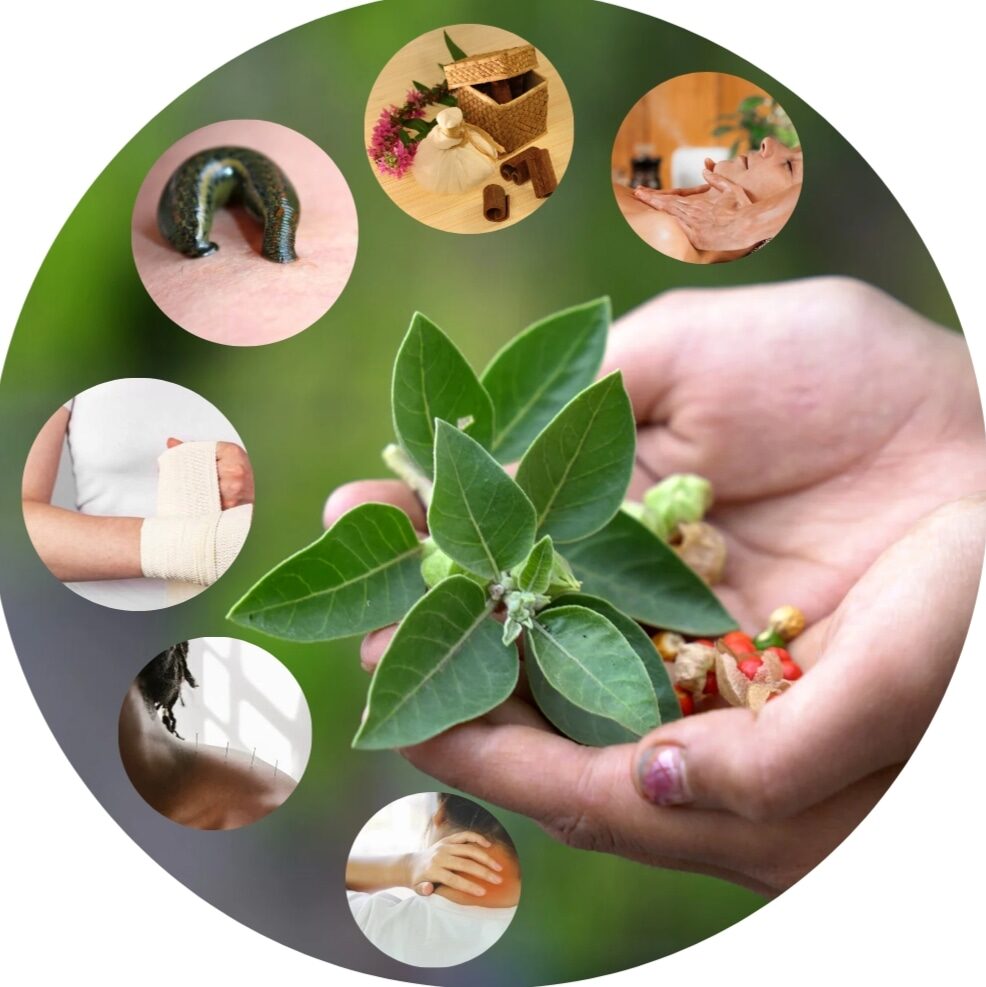
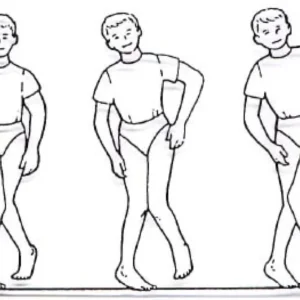
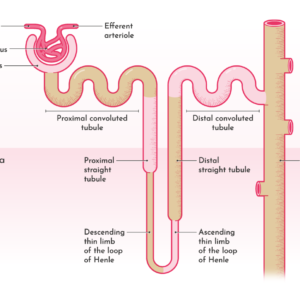
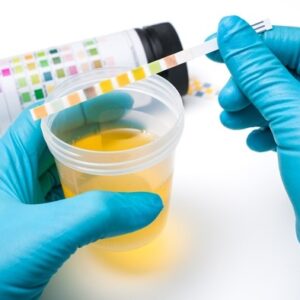

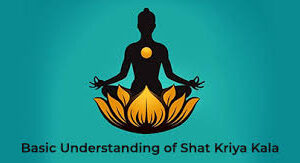
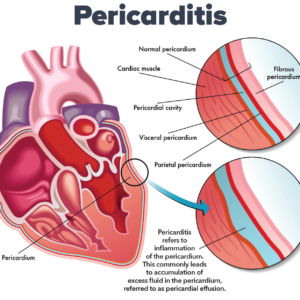
Pingback: Frozen Shoulder – Modern and Ayurvedic Approach to Unlocking the Stiffness -
An impressive share, I just given this onto a colleague who was doing a little analysis on this. And he in fact bought me breakfast because I found it for him.. smile. So let me reword that: Thnx for the treat! But yeah Thnkx for spending the time to discuss this, I feel strongly about it and love reading more on this topic. If possible, as you become expertise, would you mind updating your blog with more details? It is highly helpful for me. Big thumb up for this blog post!